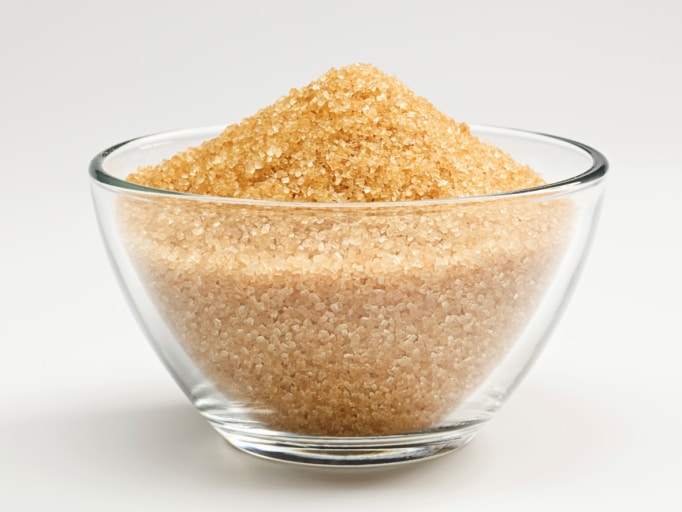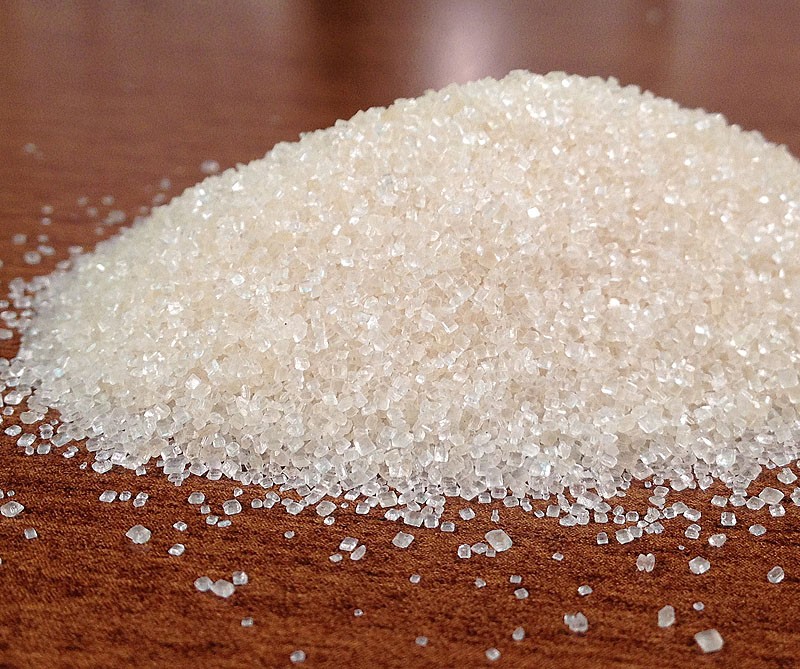An In-depth Introduction of the Health And Wellness and Economic Effects of Cane Sugar Handling on Neighborhood Communities
Walking cane sugar handling plays an essential duty in forming the economic landscape of neighborhood areas, providing work possibilities and boosting secondary industries. The health implications connected with high sugar intake can not be neglected, as they contribute to rising rates of excessive weight and diabetes mellitus.
Economic Benefits of Walking Cane Sugar Handling
Cane sugar processing provides considerable economic advantages that expand beyond the immediate agricultural field. The cultivation and handling of sugarcane develop countless work chances, from farming to production and circulation. This employment generation not just supports neighborhood economic situations however also promotes community advancement by giving steady revenue sources for family members.
Additionally, the sugar industry promotes ancillary organizations, including transport, equipment supply, and product packaging solutions (Cane Sugar Processing). As these industries expand, they contribute to a much more durable economic structure, enhancing general area resilience. The export capacity of refined walking stick sugar better magnifies financial advantages, placing areas as competitive players in international markets
Investment in contemporary handling centers can result in increased efficiency and efficiency, consequently reducing waste and enhancing source use. This shift not just profits the local economy however additionally sustains sustainability initiatives by lessening ecological impacts.
Moreover, the profits created from cane sugar processing can be reinvested in local infrastructure, education, and healthcare, advertising all natural community growth. Generally, the economic benefits of cane sugar processing are multifaceted, providing a structure for enduring success in farming areas.
Wellness Dangers Linked With Sugar Usage
Too much sugar usage poses substantial health threats that call for serious interest. High consumption of included sugars, particularly from refined drinks and foods, has actually been linked to many health and wellness problems.
In addition, high sugar consumption is connected with cardiovascular condition. Elevated blood glucose degrees can result in insulin resistance, a forerunner to different heart-related concerns. Additionally, sugar can have detrimental results on oral health, causing dental caries and periodontal illness, as microorganisms in the mouth prosper on sugar, creating acids that deteriorate tooth enamel.
In addition, arising research recommends a possible web link in between high sugar consumption and psychological health conditions, such as clinical depression and anxiety. As neighborhoods face these health dangers, it comes to be necessary to advertise recognition and urge healthier dietary selections. Addressing sugar usage is vital not just for private wellness yet additionally for the total well-being of local neighborhoods, highlighting the requirement for thorough public wellness strategies.
Environmental Impacts of Sugar Production
Frequently overlooked in discussions about sugar's implications is the substantial ecological influence of sugar manufacturing. The farming of sugarcane frequently requires considerable land usage, resulting in deforestation, loss of biodiversity, and interruption of local environments. The conversion of woodlands and marshes into sugar vineyards can lead to habitat damage, threatening various varieties and altering ecological equilibrium.
In addition, sugar manufacturing is resource-intensive, consuming considerable amounts of water for irrigation. This can cause exhaustion of neighborhood water resources, detrimentally influencing both farming techniques and area accessibility to tidy water. In addition, the usage of chemical plant foods and pesticides in sugarcane farming can add to soil destruction and water air pollution, as runoff from these chemicals enters close-by rivers and lakes, influencing water life and human health.
The ecological impact encompasses the processing stage, where energy consumption and waste generation more intensify ecological concerns. Air air pollution from burning sugarcane areas, together with greenhouse gas discharges, contribute to environment modification. As such, the ecological ramifications of sugar production warrant severe consideration, advising stakeholders to adopt even more sustainable methods to mitigate these damaging impacts on regional communities and communities.
Work Production and Community Growth
The environmental obstacles presented by sugar production are typically reversed by its potential for economic benefits, particularly in job creation and neighborhood growth. The cane sugar sector acts as a considerable resource of employment in numerous country areas, providing work across various ability degrees, from agricultural labor to handling and distribution functions. This work not only sustains individual households yet also adds to the overall economic vitality of local neighborhoods.
Furthermore, the establishment of sugar handling centers promotes ancillary businesses, such as transportation solutions, equipment supply, and maintenance providers. As these companies grow, they develop additional work and bolster local economic climates. The profits created from the about his sugar industry also results in enhanced tax revenues, which can be reinvested right into area solutions such as infrastructure, health care, and education and learning growth.
Furthermore, the sugar industry typically participates in area growth efforts, such as sustaining neighborhood colleges and health programs, thereby enhancing the lifestyle for residents. By cultivating strong neighborhood ties and advertising financial growth, the cane sugar handling sector plays a crucial role in uplifting regional populaces, making it a necessary component of sustainable growth techniques in sugar-producing areas.
Balancing Wellness and Economic Development
In navigating the intricacies of walking cane sugar processing, see here an essential difficulty depends on balancing health and wellness considerations with economic development. The sugar industry dramatically adds to neighborhood economic situations by producing work, stimulating associated fields, and raising tax incomes. However, the wellness effects connected with extreme sugar usage can result in chronic conditions such as obesity, diabetic issues, and cardio concerns, which can concern public health and wellness systems and lessen workforce efficiency.

Additionally, regulatory frameworks can play a crucial role in assisting industry techniques in the direction of more health-conscious and sustainable strategies. By fostering partnership in between federal government bodies, health organizations, and the sugar market, areas can navigate the dichotomy of health and wellness and financial growth, making sure that the advantages of walking cane sugar processing are equitably shared while focusing on public wellness.
Conclusion
Finally, the processing of walking cane sugar provides both substantial financial benefits and remarkable wellness dangers for regional communities. While it cultivates task development and promotes regional growth, webpage the affiliated health problems, especially regarding weight problems and diabetes, demand a mindful harmonizing act. By promoting responsible intake and investing in neighborhood education and learning and sustainable practices, it is feasible to optimize economic benefits while decreasing damaging health and wellness impacts, thus ensuring a much healthier future for regional populations.
Additionally, sugar can have destructive impacts on dental wellness, resulting in tooth cavities and gum condition, as germs in the mouth flourish on sugar, producing acids that deteriorate tooth enamel.
Addressing sugar intake is crucial not only for specific wellness however also for the overall health of regional neighborhoods, emphasizing the need for comprehensive public wellness strategies.
Frequently overlooked in discussions about sugar's implications is the significant environmental impact of sugar production. The health and wellness implications linked with extreme sugar consumption can lead to persistent diseases such as excessive weight, diabetic issues, and cardiovascular issues, which can burden public health systems and lessen labor force productivity.
